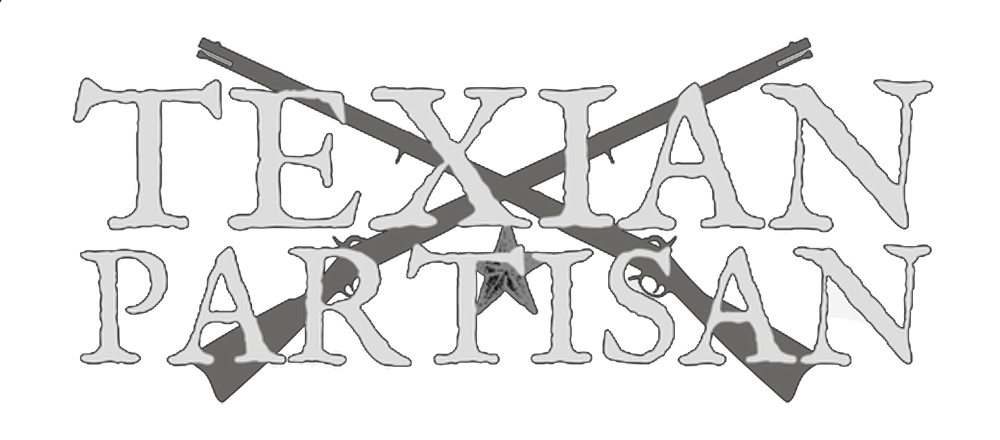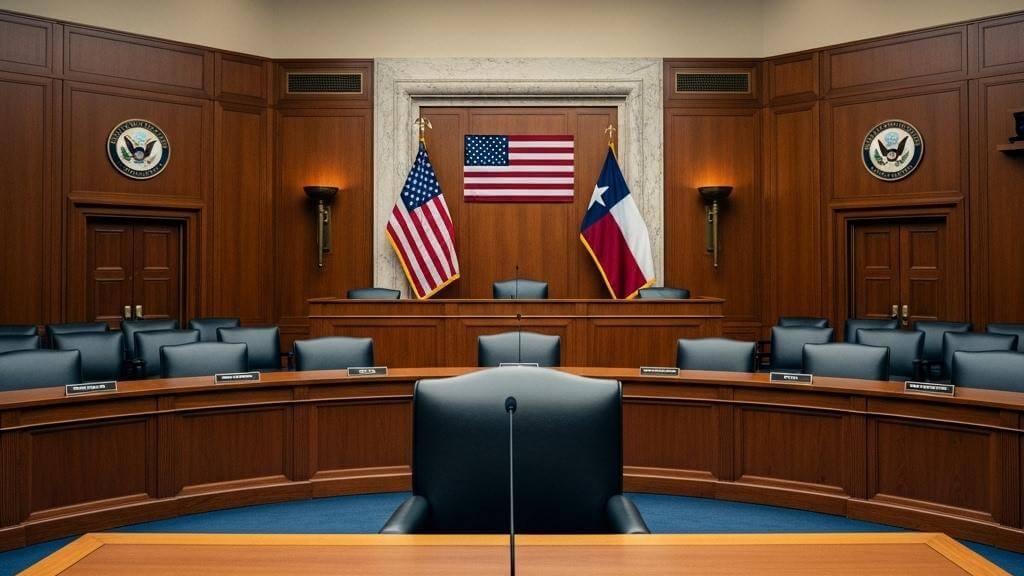Senator Ted Cruz delivered a blistering confrontation with Google’s top Washington policy executive during the October 29 Senate Commerce hearing, exposing a systematic censorship campaign that has specifically targeted Texas conservative and independence voices. The hearing revealed how federal agencies coordinated with Big Tech platforms to suppress political speech, with Texas organizations bearing the brunt of the digital suppression.
The confrontation between Cruz and Google Vice President Markham Erickson represented the culmination of months of investigation into what Cruz termed “jawboning”—federal pressure on tech companies to censor lawful speech. The Texas Nationalist Movement had documented this pattern earlier this year, reporting that 80% of emails mentioning Texas independence were being diverted to Gmail spam folders.
Cruz Confronts Google Executive Over Election Censorship
During the heated exchange, Cruz presented evidence of Google’s YouTube platform censoring journalistic content that showed both Democratic and Republican claims of election fraud. “So, this is a post, a video, showing election fraud claims by both Democrats and Republicans,” Cruz said, displaying censored content. “YouTube deleted it, blocked it, gave the creator a strike—a step towards deleting his entire channel.”
When Erickson attempted to justify the censorship under YouTube’s election policies, Cruz cut him off: “You’re taking the position [that] if anyone argues there’s fraud, if anyone lays out claims, if anyone lays out evidence, the omnipotent Google in the sky will say, ‘No, you stupid citizens. You don’t get to hear this.’ Is that your position?”
The exchange highlighted the arbitrary nature of Big Tech content moderation, where platforms initially blocked content only to reverse decisions later—often after demonetizing creators. This pattern of suppression has disproportionately affected Texas political movements, particularly those advocating for independence.
Texas Independence Movement Faces Digital Suppression
The Texas Nationalist Movement has documented extensive evidence of coordinated suppression across multiple platforms. According to Newsweek reporting, TNM found that 80% of emails referencing the organization or Texas independence were being diverted to Gmail spam folders—a suppression rate so extreme it defies statistical probability.
The suppression extends beyond email, with evidence mounting that platforms like X (formerly Twitter) are throttling content related to Texas independence. Meta’s Facebook has gone further, banning TNM URLs as “law-defying” and framing the TEXIT movement as illegal—claims TNM categorically rejects based on constitutional law and historical precedent.
This digital suppression represents a direct threat to Texas sovereignty by limiting the ability of independence advocates to communicate with supporters and organize political action. The systematic nature of the censorship suggests coordination between federal agencies and tech platforms to silence dissenting voices.
Cruz’s CISA Investigation Reveals Federal Coordination
Cruz’s confrontation with Google builds on his comprehensive investigation into how the Biden administration weaponized the Cybersecurity and Infrastructure Security Agency (CISA) to pressure tech companies into censoring Americans. The investigation revealed that CISA officials “jawboned” Big Tech into deleting tweets, downranking posts, and deplatforming conservatives under the guise of “safety” and “national security.”
According to Cruz’s September report, the Biden administration transformed CISA from a cybersecurity agency into “an agent of censorship pressuring Big Tech to police speech.” The report demonstrates systematic First Amendment violations through coordinated pressure campaigns targeting Americans with views different from the administration.
For Texas, this federal overreach represents a direct assault on the state’s political autonomy. By suppressing Texas independence voices and conservative political speech, federal agencies have effectively interfered in Texas’s internal political discourse—a violation of both the First Amendment and principles of federalism.
Legislative Response and Legal Remedies
Cruz has announced plans for comprehensive anti-jawboning legislation designed to provide transparency when federal agencies pressure tech platforms and create legal remedies for censorship victims. According to Roll Call, the legislation will be “designed to provide transparency for when the federal government is urging tech platforms and other companies to censor and to provide for a cause of action to sue the government if and when somebody is censored.”
This legislative approach aligns with Texas’s broader fight for sovereignty and self-determination. By creating legal tools to combat federal censorship, Cruz is providing Texas organizations like TNM with potential remedies against coordinated suppression campaigns.
Texas Attorney General Ken Paxton has similarly challenged Big Tech censorship through state-level legal action, demonstrating Texas’s multi-pronged approach to defending free speech rights against federal and corporate overreach.
Pattern of Systematic Suppression
The evidence reveals a clear pattern: federal agencies identify political movements that challenge Washington’s authority, then coordinate with tech platforms to suppress their communications and organizing capabilities. Google’s manipulation of search results and content visibility represents just one component of this broader censorship infrastructure.
For Texas independence advocates, this suppression campaign represents an existential threat to their political organizing. When 80% of TNM emails are diverted to spam folders, when Facebook bans TEXIT URLs, and when YouTube censors election-related content, the digital infrastructure necessary for political movements is systematically undermined.
Cruz’s investigation has documented how this censorship disproportionately affects conservative voices, with Texas political movements bearing particular scrutiny due to their challenge to federal authority. The systematic nature of the suppression suggests coordination at the highest levels of government.
Texas Sovereignty Under Digital Assault
The implications extend far beyond individual censorship cases. By controlling digital communications, federal agencies and their tech partners can effectively silence political movements before they gain momentum. This represents a new form of federal overreach—one that operates through private companies but serves government interests in maintaining centralized control.
For Texas, the stakes are particularly high. The state’s unique history as an independent republic and its ongoing sovereignty movement make it a natural target for federal suppression efforts. By documenting and exposing these censorship campaigns, Cruz is defending not just free speech rights but Texas’s fundamental right to political self-determination.
The October 29 hearing represents a critical moment in this fight. Cruz’s direct confrontation with Google’s executive, backed by documented evidence of systematic censorship, has exposed the coordinated nature of federal-corporate speech suppression. For Texas sovereignty advocates, it validates their long-standing claims of targeted suppression while providing a roadmap for legal and legislative remedies.


